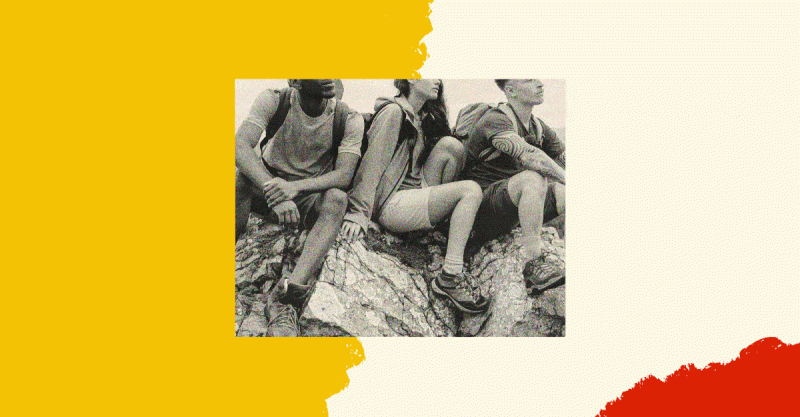
How do we navigate aging in a world grappling with the uncertainties of climate change? This question is at the heart of a recent podcast, “How to Age Up,” which explores the psychological impact of climate anxiety and offers pathways towards hope and action. The podcast features insightful conversations with Dr. Sarah Ray, a professor of environmental studies, and insightful commentary from the hosts, Yasmin Tayag and Natalie Brennan.
The discussion begins with a reflection on childhood dreams, contrasting the aspirations of previous generations with the anxieties of today’s youth. The hosts share their personal experiences with climate anxiety, highlighting the feelings of paralysis and overwhelm that can accompany the constant barrage of climate-related news and information. Dr. Ray’s work provides a crucial framework, pointing out that the sheer scale of the climate crisis can lead to a sense of powerlessness, a phenomenon she terms “pseudo-inefficacy.” This feeling, she explains, is often exacerbated by a societal emphasis on individual action, when collective effort is actually key to addressing the problem.
Dr. Ray’s research reveals that young people, particularly, struggle to envision a desirable future due to the constant exposure to negative narratives. Her work focuses on helping individuals reframe their thinking, shifting from fear-based responses to a more hopeful and action-oriented approach. Instead of dwelling on the overwhelming scale of the problem, she advocates for focusing on smaller, manageable actions—building community, nurturing relationships, and tending to the things we love. This, she argues, is not merely a psychological coping mechanism but a vital step toward collective action and resilience.
The podcast also touches on the comparison between climate anxiety and past generational traumas, such as the Cold War nuclear threat. While the existential nature of these threats is comparable, the ongoing and pervasive nature of climate change presents a unique set of psychological challenges. The constant, daily awareness of its effects creates a different kind of dread, one that’s more difficult to process and escape. This is further complicated by the often conflicting information and narratives found online, making it even harder for young people to make sense of their feelings and find constructive pathways forward.
The conversation then shifts towards practical strategies for managing climate anxiety. Dr. Ray emphasizes the importance of community and collective action, arguing that the feeling of efficacy—of being able to make a difference—is crucial for alleviating anxiety. She suggests finding ways to break down the problem into smaller, more manageable tasks and emphasizing the power of collective action. The act of working together, she emphasizes, can be profoundly empowering and reassuring, creating a sense of shared purpose and hope.
The podcast concludes with a poignant discussion on the intersection of climate change, economic precarity, and social justice. The hosts and Dr. Ray discuss how climate change disproportionately affects vulnerable communities and how the response to the crisis should prioritize equity and justice. They also touch upon the allure of escapist solutions like space colonization, highlighting the dangers of prioritizing individual survival over collective action and responsibility. The conversation ends on a hopeful note, underscoring the importance of community, connection, and collective action as essential tools for navigating the challenges of aging up in a changing world. The message is clear: while the problems are immense, hope and action are found in the power of ‘we.’










